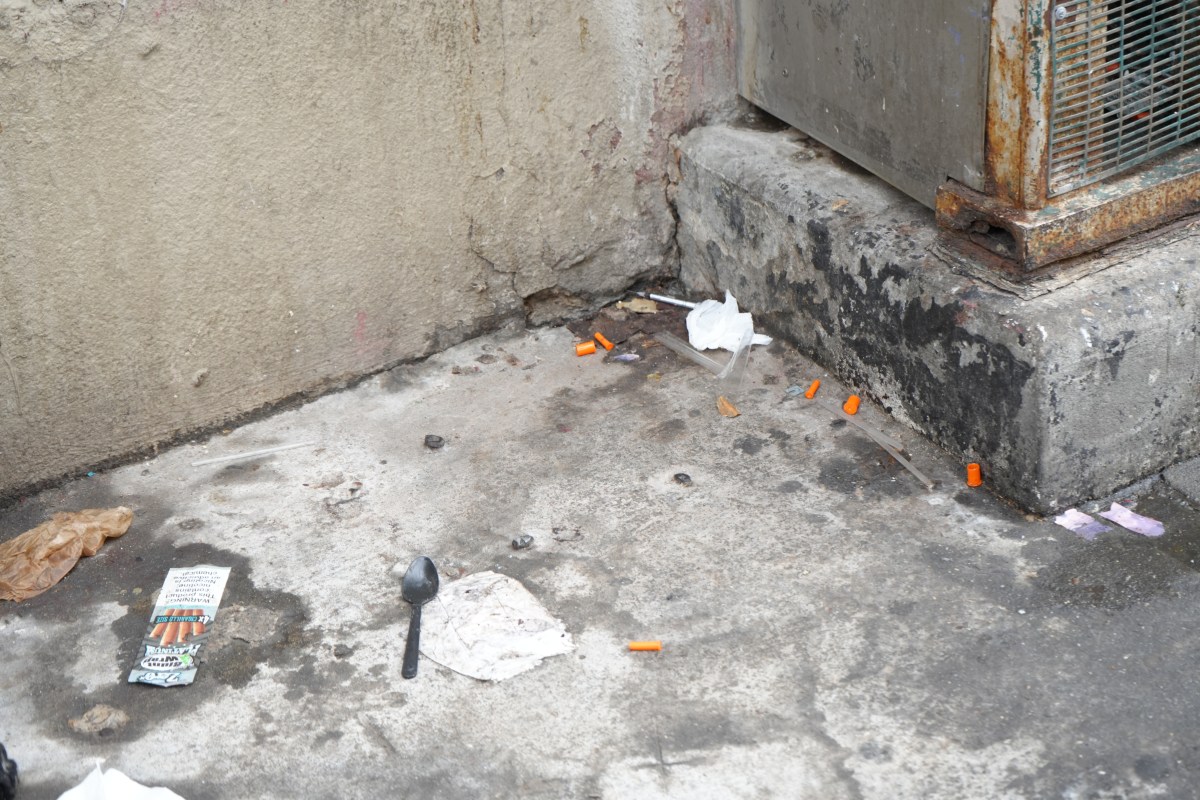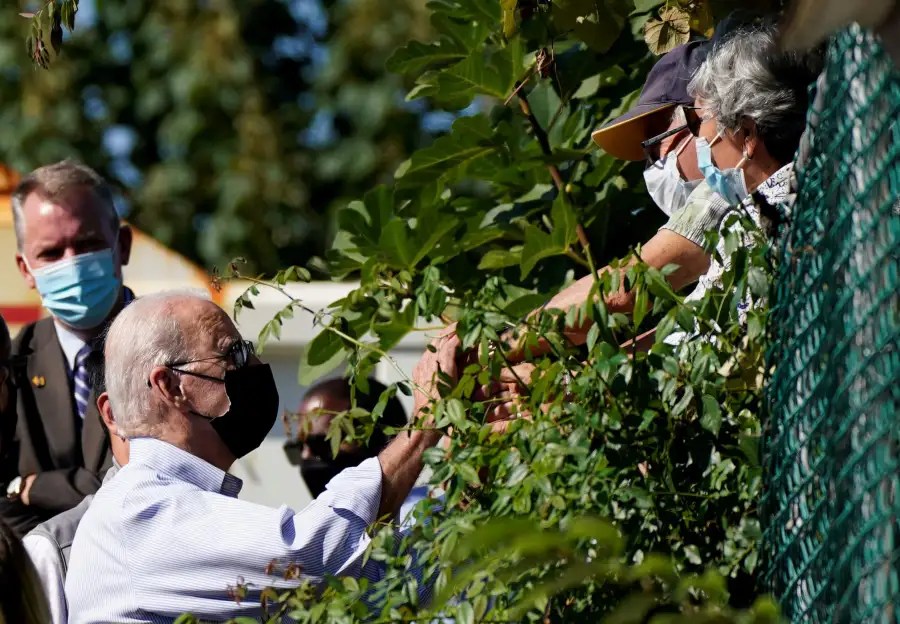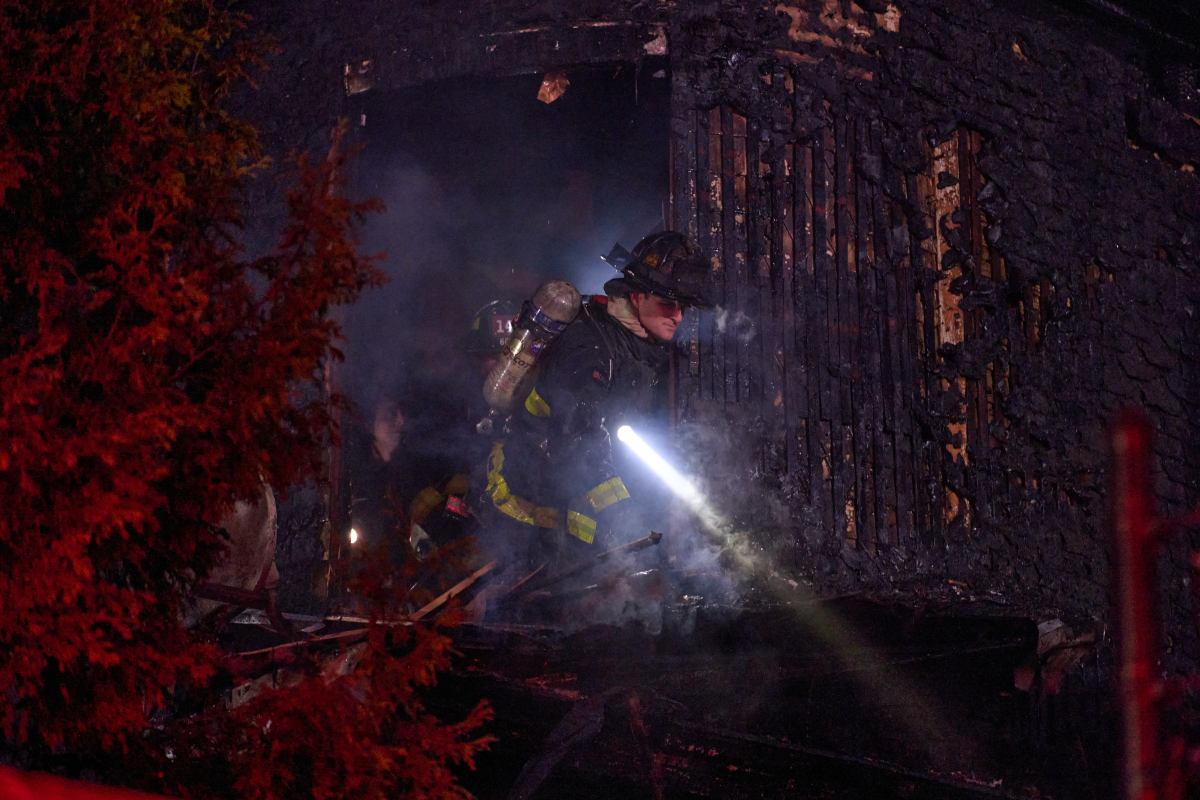New York’s “long overdue” legislation decriminalizing marijuana possession took effect on Wednesday, Gov. Andrew Cuomo announced.
“For too long communities of color have been disproportionately impacted by laws governing marijuana and have suffered the lifelong consequences of an unfair marijuana conviction,” Cuomo said in a statement. “Today is the start of a new chapter in the criminal justice system.”
Passed by the legislature in June, the law expunges many past marijuana possession convictions and reduces the penalty for the possession of small amounts of the drug, but it falls short of the legalization bill advocates were pushing for.
“It does do two good things,” said Emma Goodman, a staff attorney in Legal Aid Society’s special litigation unit, who worked with legislators on the push to legalize recreational marijuana.
“It makes something that was a misdemeanor now a violation, and it automatically expunges old misdemeanor convictions,” she said. “That’s more than a lot of states have done. The problem is that it’s just getting rid of one very small amount of low-level offenses and it’s not actually legalizing marijuana … violations are still arrestable offenses in New York.”
The fact that most past convictions for possession of 25 grams or less of marijuana will be automatically expunged is something Goodman and others had been fighting for.
“The automatic nature of (the legislation) is significant and does mean a lot more people are going to access the benefits of it,” she said.
The historically disproportionate arrests of people of color on possession charges necessitated the bill, its sponsor, Sen. Jamaal Bailey (D-Bronx) said after it passed in June.
“The misdemeanor charge for public view of marijuana possession gives those people convicted a criminal record that will follow them throughout their lives, potentially limiting their access to housing, access to education, affecting their ability to obtain employment, all leading to a potential inability to provide for their families,” he said in a statement.
“While this legislation falls short of the goal of legalization of adult-use cannabis, the ability to create a mechanism for expungement, both retroactively and forward-looking, is a step in the right direction in finally ending the heavy-handed war on drugs that has decimated communities of color.”
Here’s a breakdown of what the law does:
- Possession of less than two ounces of marijuana is considered a violation, not a crime. As Goodman explained, the violation is still an arrestable offense, but it won’t result in a prison term or criminal record.
- The penalty for possession of less than one ounce of marijuana is lowered from $100 to $50 and won’t increase because of an individual’s criminal history. The penalty for possession of between one and two ounces is $200, regardless of criminal history.
- Most past convictions for marijuana possession of 25 grams or less will automatically be expunged.
- Marijuana is added to the definition of smoking in the Public Health Law, so smoking marijuana is prohibited anywhere smoking tobacco is prohibited.
Despite these changes, advocates said they will continue to fight for legalization and reinvestment in the communities that have been impacted by the criminalization of pot.
“Actually addressing the legacy of harm from prohibition and targeted enforcement by comprehensively legalizing and reinvesting in communities is what policymakers need to deliver on,” Kassandra Frederique, New York director for Drug Policy Alliance, said in a statement in June. “While it is disappointing that our leaders have once again failed to prioritize racial justice in New York, we will continue to fight on behalf of comprehensive reforms.”
The sponsors of the marijuana legalization bill, Sen. Liz Krueger (D-Manhattan) and Assembly Majority Leader Crystal Peoples-Stokes (D-Buffalo), said they are committed to reviving it in the next legislative session.



































